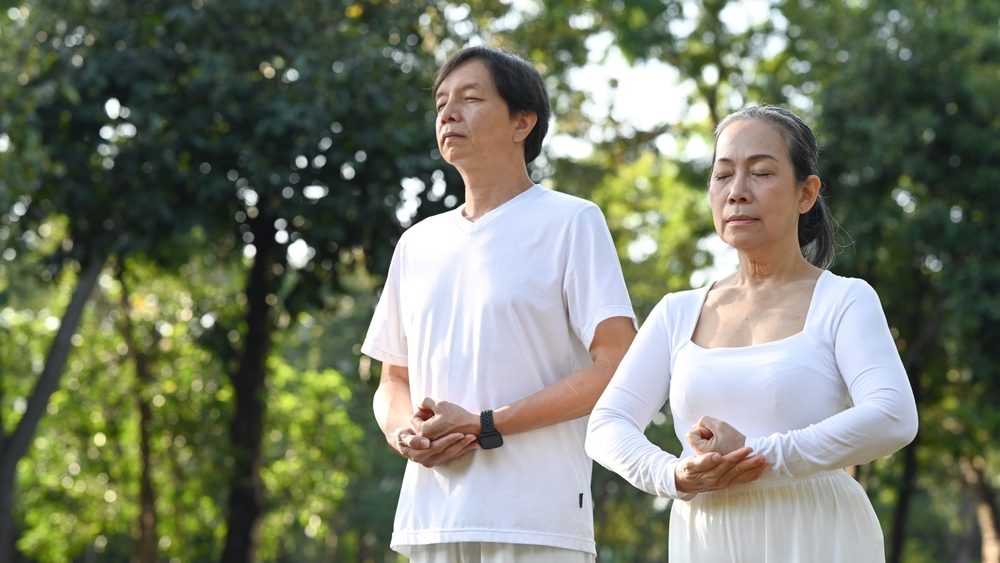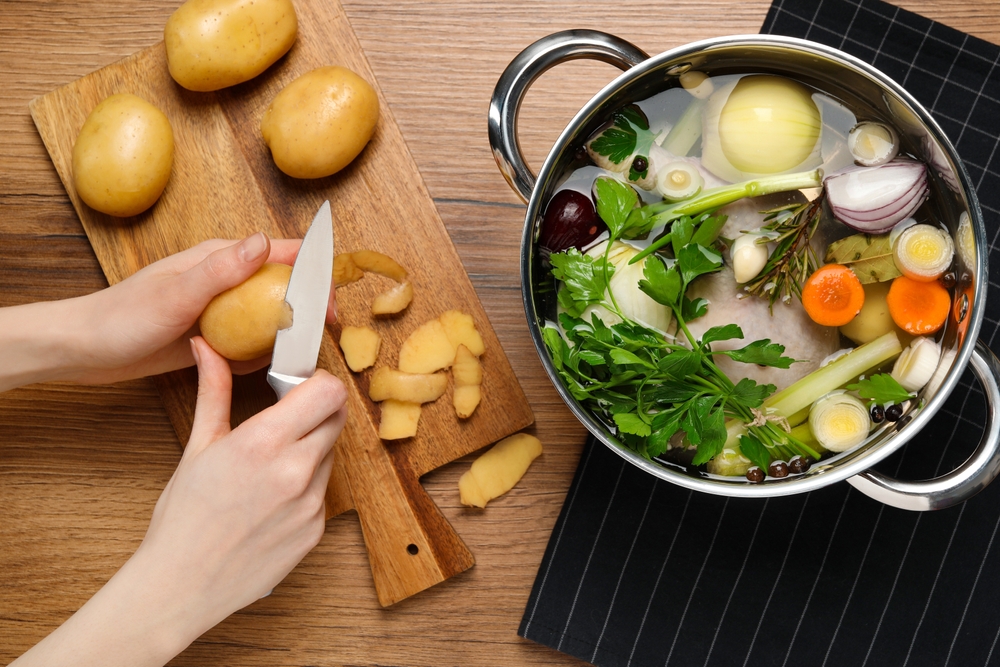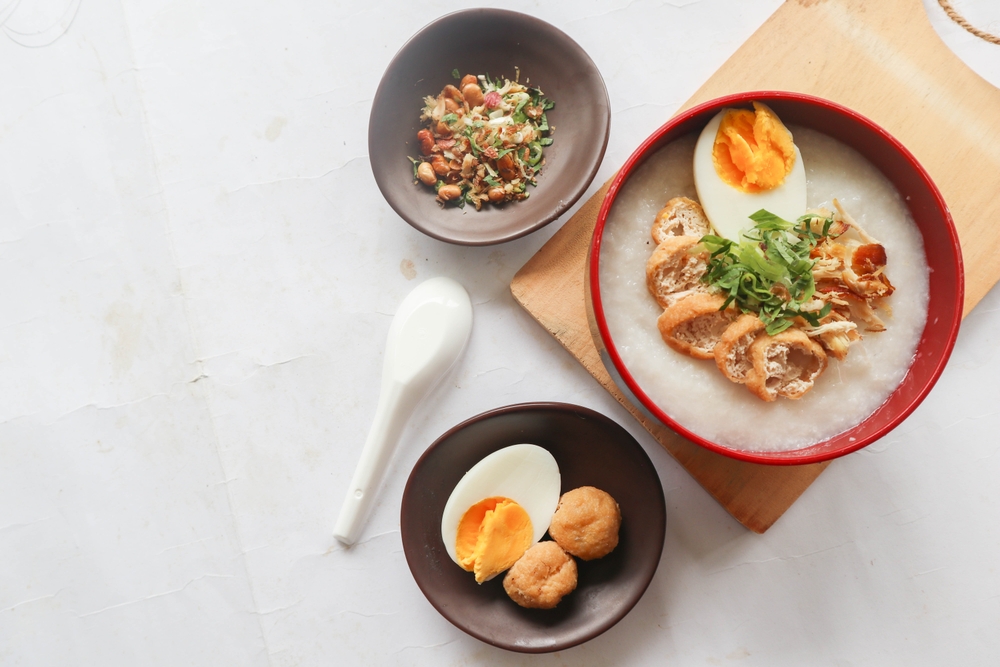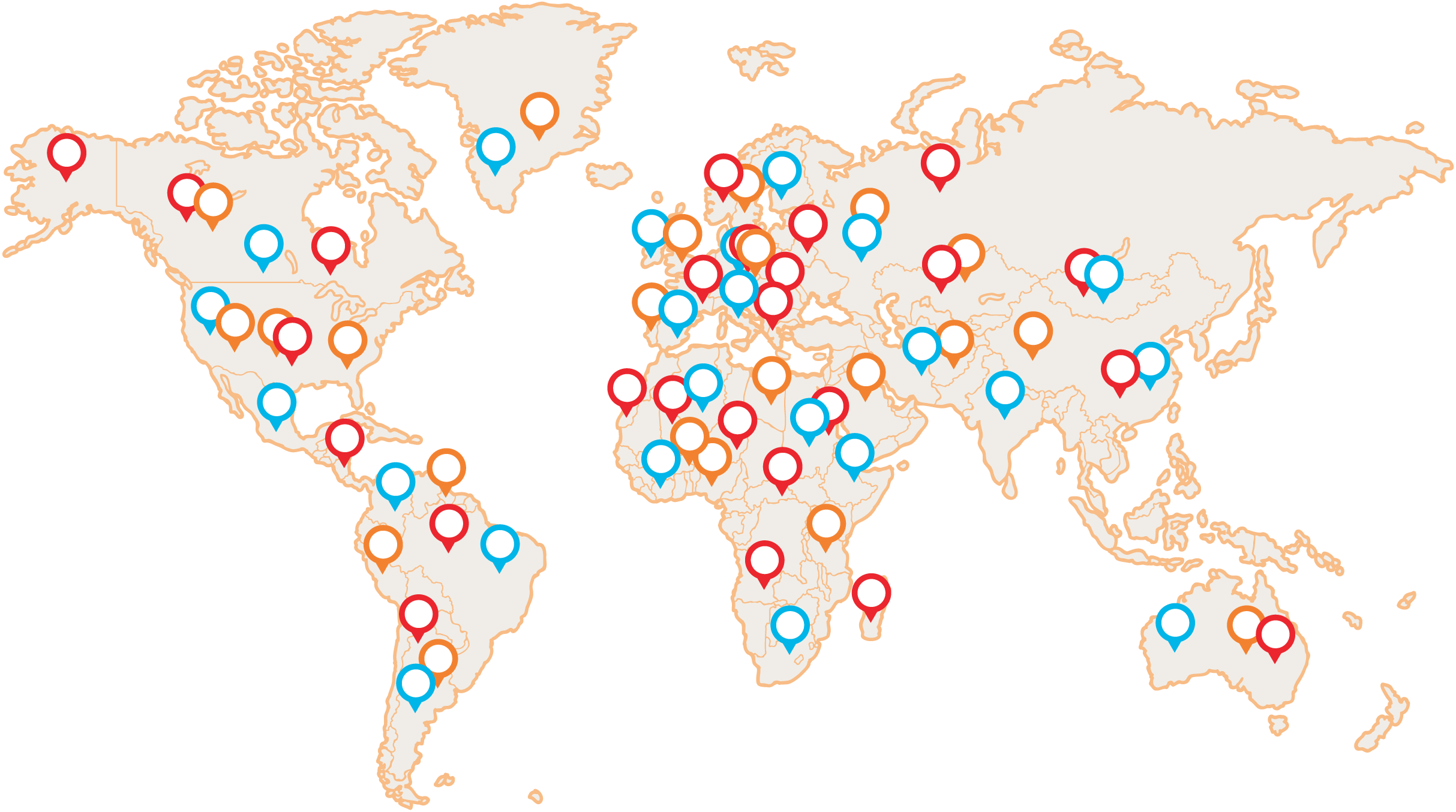Mon-Fri 7:00-15:00
Menu
Wholesale
CapsMedica
Produkty
All products
-
All products from vitalch hub
-
 Vital mushrooms PRO (17)
Vital mushrooms PRO (17) -
 MyTao Edition (14)
MyTao Edition (14) -
 Vital Mushroom Extracts (25)
Vital Mushroom Extracts (25) -
 Combination of mushrooms and herbs (18)
Combination of mushrooms and herbs (18) -
 Traditional recipes (5)
Traditional recipes (5) -
 BIO vital mushrooms powder (9)
BIO vital mushrooms powder (9) -
 Syrups (12)
Syrups (12) -
 Dried vital mushrooms (6)
Dried vital mushrooms (6) -
 Honey products (5)
Honey products (5) -
 Vitamins (4)
Vitamins (4) -
 BIO green food (2)
BIO green food (2) -
 Other (3)
Other (3) -
Why vital mushrooms from MycoMedica
-
Betaglucans. The best for your immunity





